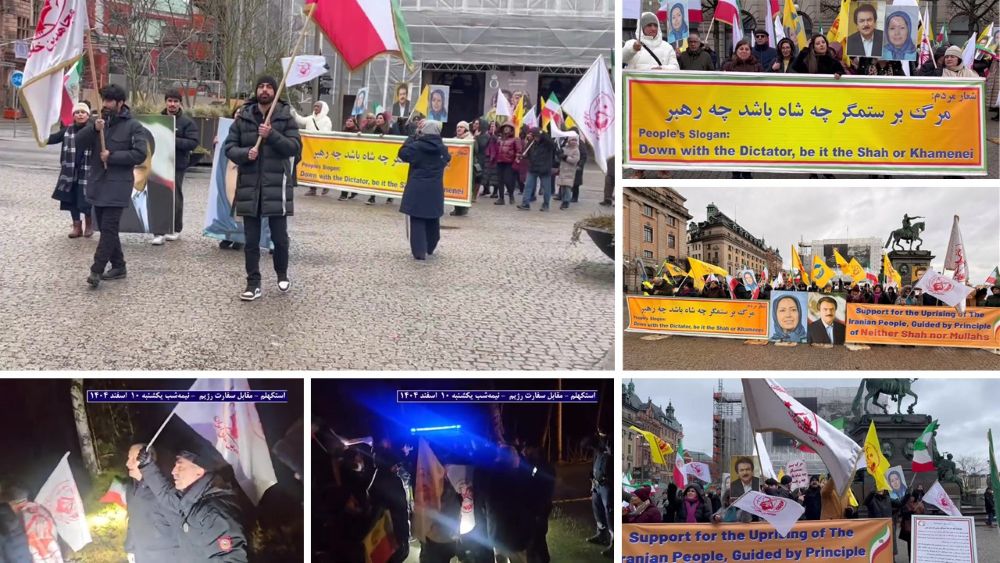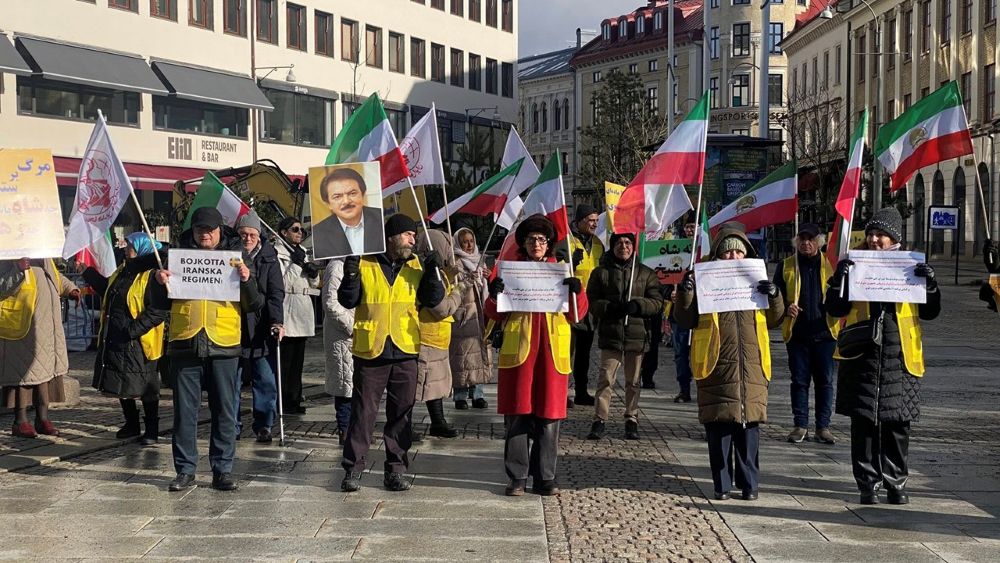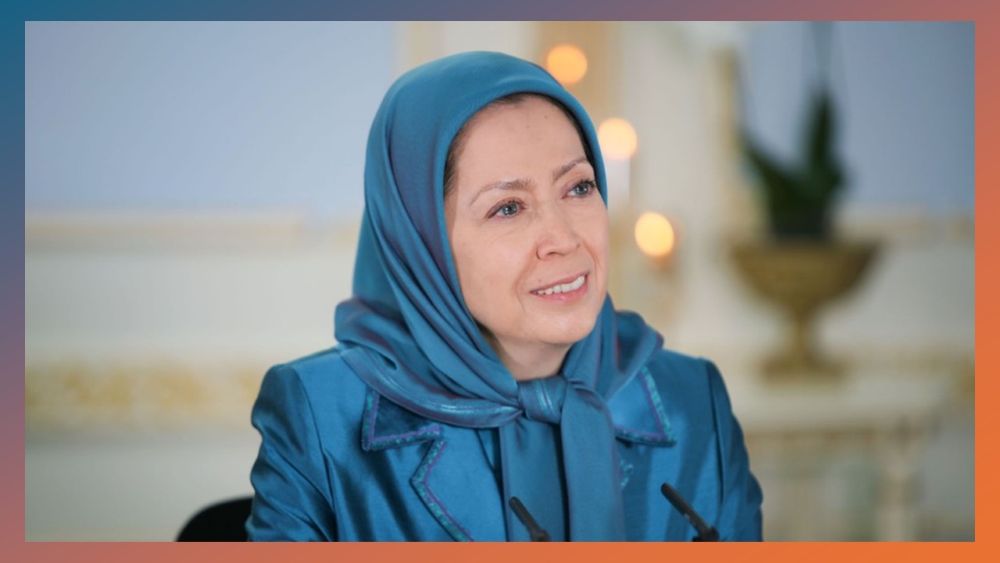Latest US sanctions against the Iran regime after President Trump pulled out of the Joint Comprehensive Plan of Action (JCPOA) in May, was imposed on November 5, 2018.
A statement by the White House, issued on November 2, 2018, provided more details. It promised that the latest US sanctions would be the toughest that the Iran regime has experienced so far.
U.S. Secretary of State Mike Pompeo and Treasury Secretary Steven Mnuchin stated that the latest US sanctions would target the Iranian regime’s shipping, financial and energy sectors. The U.S. officials also declared that the oil exports, which account for the funding of the most of the regime’s illicit activities, would be the biggest focus of the new sanctions. Moreover, 700 companies, individuals, businesses, aircrafts and ships were added to the latest US sanctions list and were blocked from accessing global business and financial networks.
The latest US sanctions also target transactions with the Central Bank of Iran and designated Iranian financial institutions.
According to the Treasury Secretary, Steven Mnuchin, the international banking organization, SWIFT, should cut off sanctioned Iranian banks as soon as it’s technically possible. “It is our intent that they cut off designated entities as was done before,” he said.
The U.S. intends to fully enforce all the sanctions on Iran, and those who attempt to skirt them will risk severe consequences.
Foods, medicine, medical devices and agricultural commodities are excluded from the sanctions.
The latest US sanctions are targeting those revenues the Iranian regime uses to fund its weapons of mass destruction program, its destabilizing policies to fuel regional conflicts and support terrorism, and they also aim at cutting off the sources that feed the kleptocracy system ruling Iran.
Secretary of State Mike Pompeo said: “It is aimed at depriving the regime of the revenues that it uses to spread death and destruction around the world.” He added, “Our ultimate aim is to compel Iran to permanently abandon its well-documented outlaw activities and behave like a normal country.”
The US hopes that the latest US sanctions will bring the Regime back to the negotiating table for a new deal, which addresses its malign behavior, including support for terrorist groups and use of ballistic missiles.
Brian Hook, the U.S. Special Representative for Iran explained: “Our maximum economic pressure campaign is designed to deny Iran the revenue it needs to support terrorism and missile proliferation and to bring them back to the negotiating table so the president can negotiate a much better deal.” Hook continued, “We intend to seek a new deal with Iran that addresses the entire range of Iran’s threats to peace and security.”
In Iran, the officials are trying to downplay the effects of the sanctions. Eshaq Jahangiri, the first vice president under Hassan Rouhani, stated that he did not expect Iran’s economy to be impacted much by the latest US sanctions. But it did not take too long before he admitted: “I would have lied if I said that the sanctions have no impact. U.S. sanctions have negative impact on the country’s economy.”
On November 9, Alam-Al Hoda, Imam of Friday prayers in Mashhad, and the representative of Khamenei stated that they had a 40% stagflation, which was destroying the economy.
But the regime’s officials were incapable to explain about the people’s exasperation at the dire economic situation. The situation that brought the people into the streets at the end of the last year and caused a nationwide uprising which has been continuing ever since.
Indeed, by appeasement policy being over, and after the uprising of the Iranian people with the demand of regime change, the latest US sanctions are going to choke the Mullahs’ financial resources, which in turn leads to decreasing regime’s capability of oppressing people, those who chanted on the streets of Iran: “Our enemy is right here; they are lying that it is America!”; “Let go of Syria, think about us” and “Khamenei lives like gods, while the people live in poverty.”



